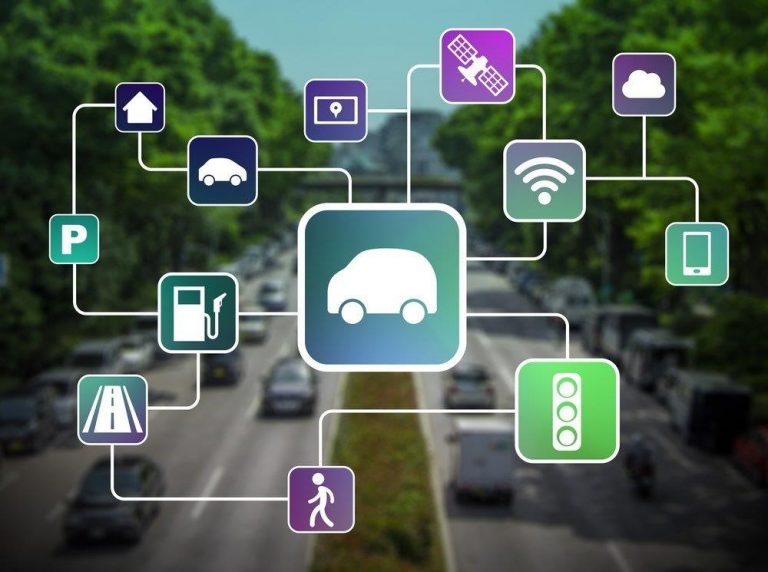The extinction of the “Old-Fashioned” Tolls
On June 14, 2024, the iconic Dartford Crossing toll booth in England closed after 62 years of service. Its replacement? A network of 247 ANPR cameras coupled with Lidar sensors, capable of processing 15,000 plates per hour with an accuracy of 99.3%.
“Physical barriers create paradoxical congestion points”, explains Prof. Henrik Müller (MIT). His research shows that their removal reduces:
Accidents caused by sudden braking: -22%
CO2 emissions during peak hours: -19%
Maintenance costs: -37%
However, the model has come under criticism. In Lisbon, the transition to free flow in 2023 resulted in 4,200 claims for billing errors in three months. “Systems must achieve 99.8% reliability to be viable”, tempers Sofia Carvalho, director of the Portuguese Transport Authority.

LAPI: The Great Ethical Debate
Behind the acronym LAPI (Automatic License Plate Recognition) lies a controversial technology. Deployed in 320 European EPZs, it allows for:
Identify prohibited vehicles in real time
Adapting toll rates to CO2 emissions
Smoothing traffic through predictive AI
But in Gothenburg, Sweden, the SmartGate project turned into a fiasco. Recording 1.2 million crossings per day, the system generated:
18,000 erroneous fines (including 14% for foreign plates)
A class action lawsuit for “excessive surveillance” filed by the Freedrive association
“Technology is just a tool. Everything depends on its legal framework.”, recalls Margaux Lefebvre, a lawyer specializing in GDPR. The EU is working on an LAPI Act aimed at:
Limit data retention to 72 hours
Ban coupled facial recognition
Impose a maximum error rate of 0.5%
Two-Speed Europe
If the West accelerates its transition (average budget: €8.4M/city), the East is resisting. Poland blocked a draft directive in March 2024 imposing free flow in cities with more than 500,000 inhabitants. “Our infrastructure is not ready”, argues Tomasz Nowak, Polish Minister of Transport.
However, European funds exist:
ERDF: €1.2 billion allocated to urban mobility (2021-2027)
Horizon Europe: €840 million for the CROCODILE project (cross-border interoperability)
“The real obstacle is cultural”, analyzes sociologist Giulia Ricci. Her study in 12 capitals reveals that:
61% of Western citizens approve LAPIs on condition that the data is anonymized
Only 34% in Eastern Europe trust automated systems
Sources:
Eurostat Report on Urban Mobility (2023)
MIT Study: The Hidden Cost of Toll Booths (2024)
EU Draft LAPI Act (available on EUR-Lex)

